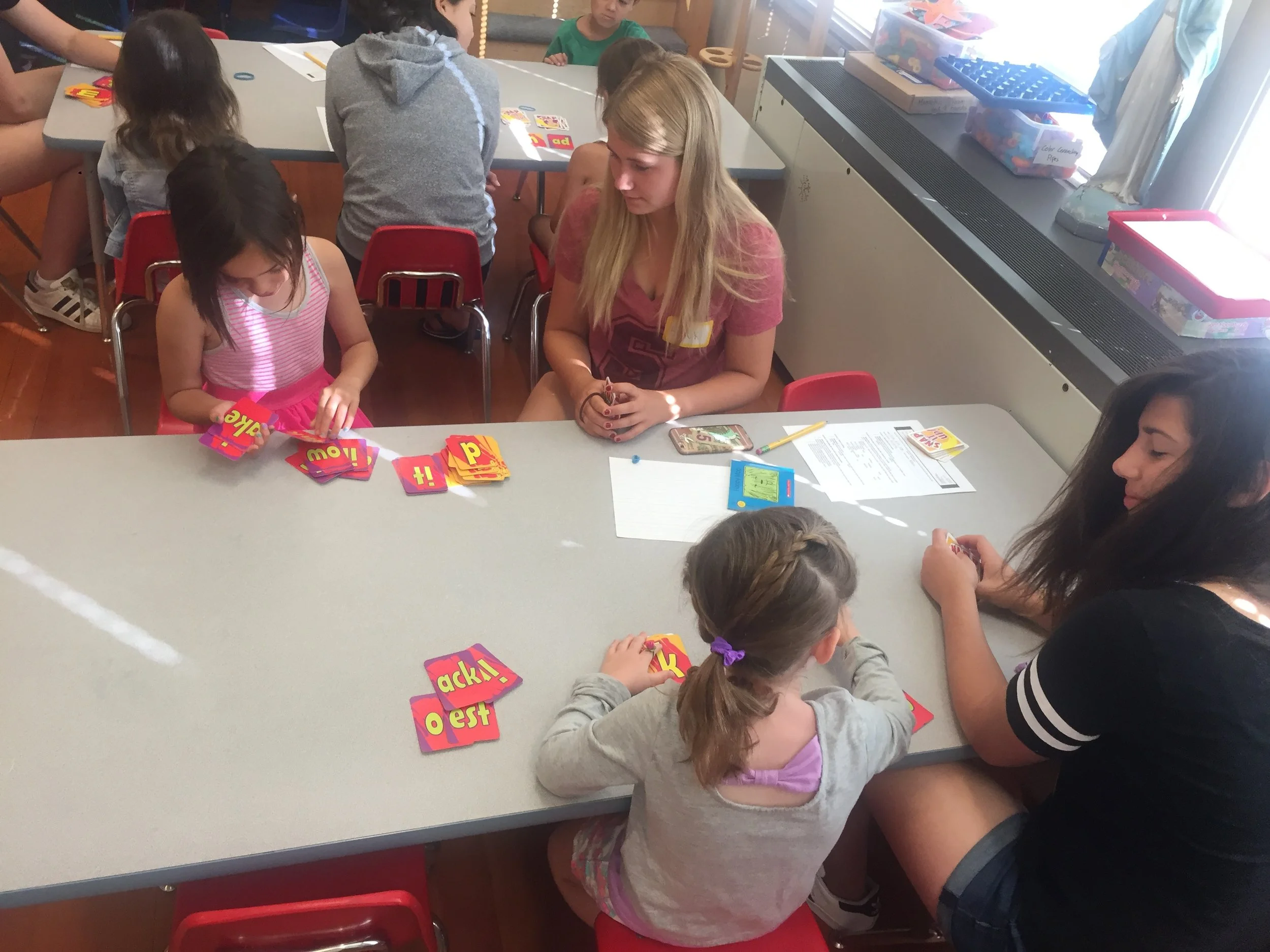““A teacher sent the following note home with a six-year-old boy: “He is too stupid to learn.” That boy was Thomas A. Edison”.
”
As many studies have now documented, poor first-grade readers almost invariably continue to be poor readers as they progress in school (Francis, Shaywitz, Stuebing, Shaywitz, & Fletcher, 1996; Torgesen & Burgess, 1998). Furthermore, these issues often compound to become tremendous struggles as students move on in years, profoundly affecting their academics as well as their self-esteem. Despite this well-researched fact, in many school districts, there is no systematic identification of reading trouble until 3rd grade. At this point, a child has already fallen behind, and intervention is more difficult and more expensive. Early intervention for reading difficulty is crucial and Keep KLIMBing is a cost-free literacy program designed just for this cause. Signs of what to look for if you are worried about your kindergartener or 1st grader are listed below.
WHO WE HELP
Kindergarten & 1st graders who have difficulties in:
- Reading errors that show no connection to the sounds of the letters on the page—will say “puppy” instead of the written word “dog” on an illustrated page with a picture of a dog
- Does not understand that words come apart
- Complains about how hard reading is; “disappears” when it is time to read
- A history of reading problems in parents or siblings
- Cannot sound out even simple words like cat, map, nap
- Does not associate letters with sounds, such as the letter b with the “b” sound
- A family history of reading and/or spelling difficulties (dyslexia often runs in families)
And strengths in:
- Curiosity
- Great imagination
- Ability to figure things out; gets the gist of things
- Eager embrace of new ideas
- A good understanding of new concepts
- Surprising maturity
- A larger vocabulary than typical for age group
- Enjoys solving puzzles
- Talent for building models
- Excellent comprehension of stories read or told to him
© Sally Shaywitz, Overcoming Dyslexia, pp. 122 – 123
HOW WE HELP
- Early intervention
- Mentor based one-to-one instruction
- Research-backed methods based on Structured Literacy
- all with a purposeful focus on a growth mindset and confidence.
HOW IT WORKS
Keep KLIMBing recruits and trains volunteer tutors to work one-on-one with young "buddies" using a personalized, Structured Literacy approach. Many schools utilize reading programs which, unlike Structured Literacy, do not focus on necessary decoding skills, and therefore are ineffective for struggling readers. As stated by the International Dyslexia Association, Structured Literacy works because it prepares students to decode words in an explicit and systematic manner. This approach not only helps students with dyslexia, but there is substantial evidence that it is more effective for all readers. Keep KLIMBing individualizes our lesson plans and training based on assessments we provide before the start of the program so we can personalize instruction to each participating child. We then pair each young buddy with a trained tutor for one-on-one instruction overseen by a qualified administrator.
We count on Keep KLIMBing's three-tiered model of early intervention, structured literacy and one-to-one instruction to increase reading fluency and accuracy. This instruction, combined with a focus on positivity and a growth mindset, help build resilience and confidence in our young buddies. It is our mission to educate, inspire and empower children struggling with early literacy. Please don't hesitate to reach out if we can help your young child.
“During the first week of the Keep KLIMBing reading program and, for the first time ever, my son came home and on his own, pulled out a book and started reading.”
